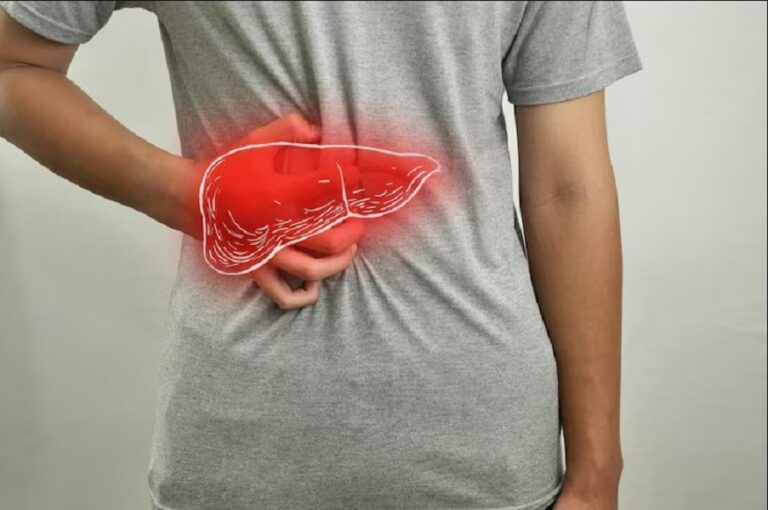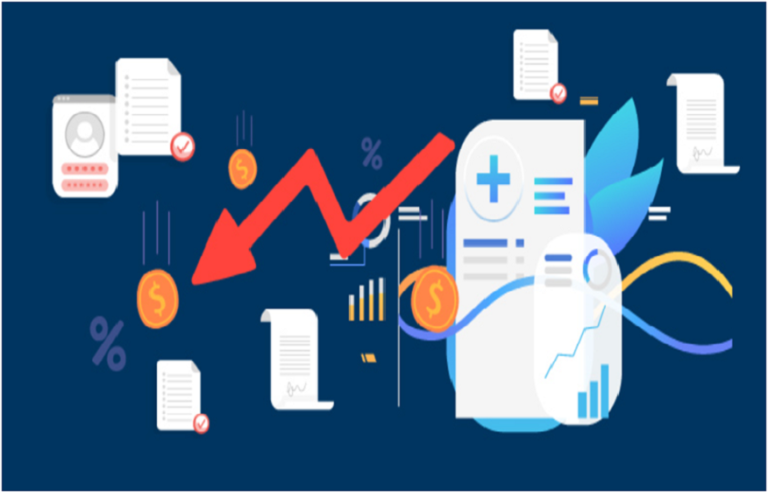Who has never experienced it? After a hearty meal, even without having drunk a drop of alcohol, the need for a nap is often urgent. This is proof that food, sleep and alertness are intimately linked . This has been shown by numerous studies, both in animals and in humans.
In rodents, this has been proven for several decades: the volume and nature of meals play a decisive role in the duration and distribution of the different phases of the sleep .
If an animal is induced in a state of undernutrition , it sees its sleep duration decrease. Conversely, if it is provided with food that is available at will, this duration will increase. Finally, administered by infusion, amino acids increase the amount of paradoxical sleep, this phase of sleep during which we dream. But a glucose infusion will lengthen the duration eat well of slow wave sleep, which includes all the other phases of sleep.
Even perfectly rested, we tend to doze off after ingesting carbohydrates.
Unsurprisingly, these results have their equivalent in terms of vigilance. In other words, eating with a maximum of protein or, on the contrary, having hypersweetened meals naturally affects our form. And it’s also very well documented in humans.
“Many of our hormones are secreted during the night, or more at night than during the day, explains Professor Damien Léger, vice-president of the French Society for Sleep Research and Medicine and head of the Sleep and Vigilance Center at the Hotel-Dieu, in Paris. A decrease in sleep time can thus disrupt the circadian rhythm of hormones involved in both sleep regulation and energy metabolism. However, these upheavals go hand in hand with snacking and the ingestion of sugary foods, but also with a tendency to reduce physical activity due to fatigue, hence weight gain. A real vicious circle… Moreover, if the effect is even more marked when you suffer from a sleep debt, even perfectly rested and in perfect health, you tend to doze in the half hour or the hour that follows. the ingestion of carbohydrates.
List of anti-fatigue foods
The same is not true with proteins. On the contrary, if effort is required, a judicious choice of amino acids can improve performance. That is why, in the list of anti-fatigue foods, meat, eggs, fish and other sources of protein occupy the first place. While sugars are prohibited. At least, high glycemic index sugars – those sometimes referred to as fast sugars, and which are found in abundance in confectionery, pastries, jams, sodas, refined cereals, etc. We know they raise our insulin levels, a hormone which in turn increases the synthesis of serotonin, a chemical messenger known to act on falling asleep. In other words, the exact opposite of proteins, the ingestion of which lowers the secretion of serotonin, thus helping to keep us awake.
Of course, it all depends on the quantities. By eating a lot, we force the body to build up reserves, and we tire it – whether it is sugars, fats or proteins. But eating too little is also risky. Because this time, in order to overcome the deficiencies, the body must make efforts and draw on its reserves, resulting in a certain fatigue.
Another parameter to take into account: the rhythm of meals. To spare your digestive system, it is important to take them at regular intervals and taking your time, rather than skipping breakfast and then, hunger helping, eating anything at any time.
Eat when hungry
More generally, to sleep well and therefore avoid fatigue during the day, nutritionists insist on the need to respect meal times, but also to avoid excesses and to favor a balanced and well-diversified diet – including in particular a daily ration. fruits and vegetables, water to stay hydrated, and sources of iron to prevent anemia .
Good news: as a study by an Inserm team has shown, all you have to do is listen to your body to more or less respect these instructions and keep in shape. By carrying out the survey on a panel of 50,000 people followed as part of the NutriNet-Santé study, nutritionist Sandrine Péneau and her collaborators have in fact observed: by allowing themselves to eat whatever wants, but only when hunger is felt, we run less risk of being overweight or obese… And we will avoid fatigue.












+ There are no comments
Add yours